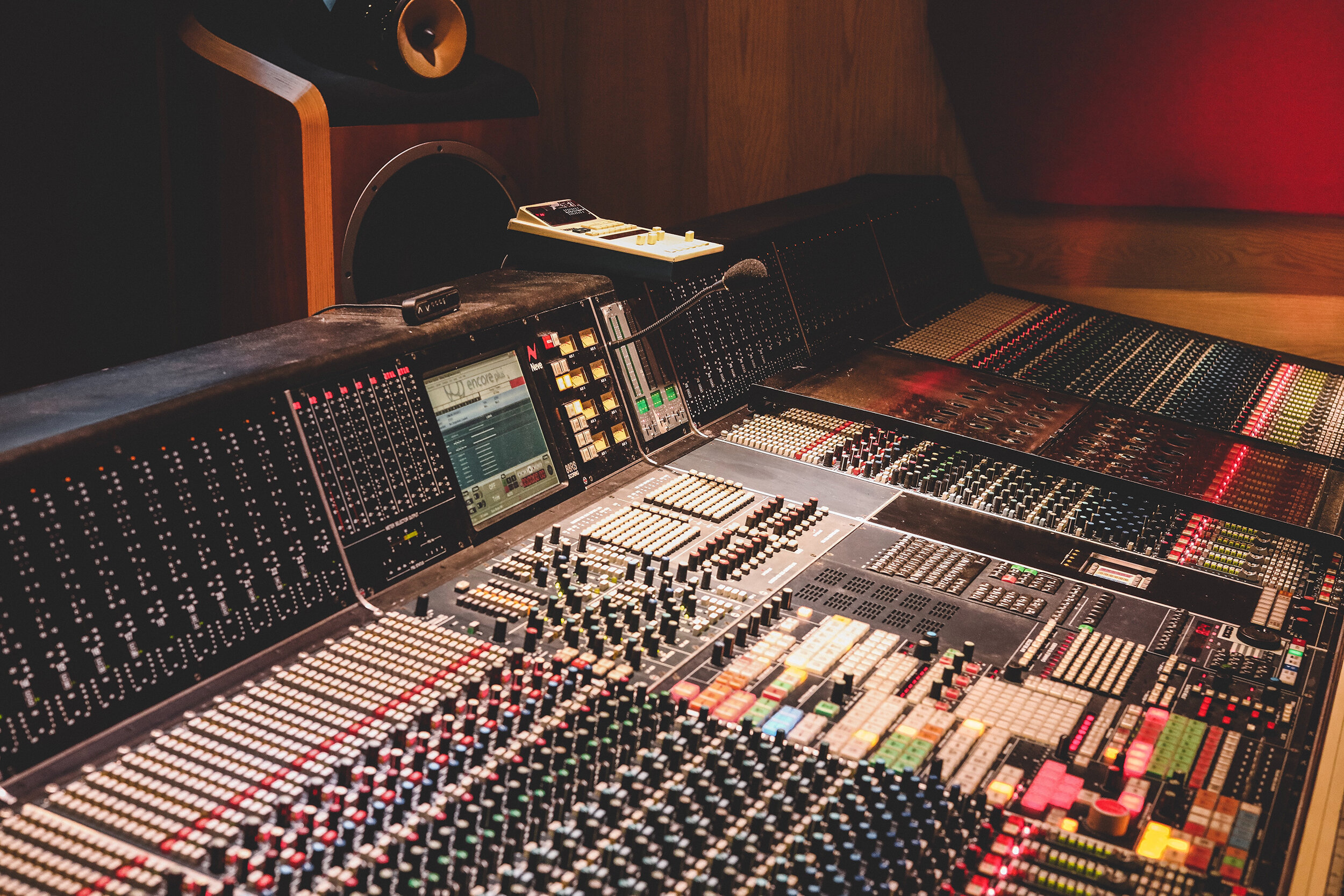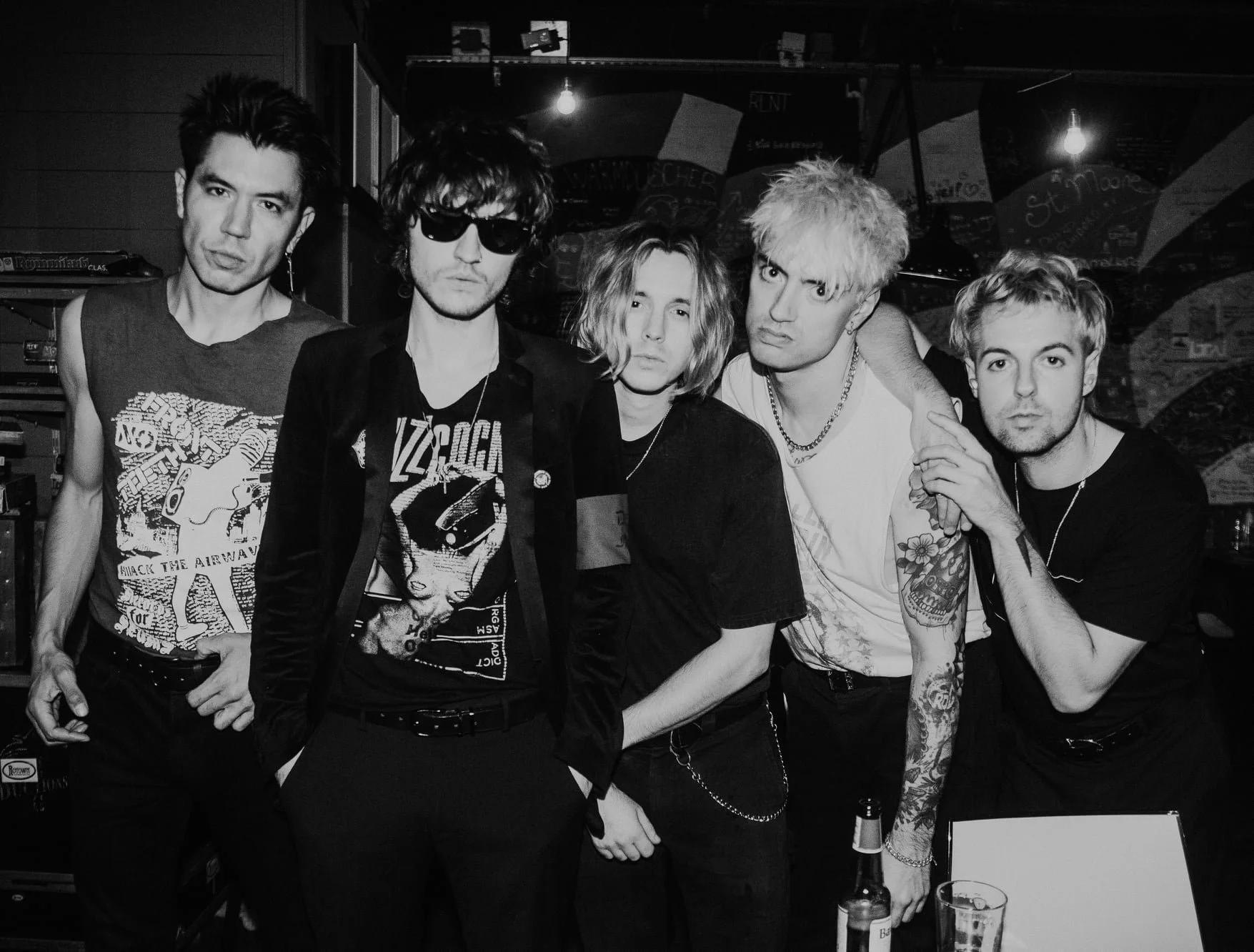The economics of music
Credit: Marc Fanelli-Isla
Why the music industry has to shift and why it has to happen now? The way that musicians get paid nowadays resembles the overwhelming reality of the music business. A business that generates billions in profits for the people who built the system.
Think of a streaming company. These guys keep 30% of the profit. The recording gets 57%. Some self-releasing successful artists do very well out of this situation. But most part of musicians working under the Major Label are unlikely to make that much. Getting back to those numbers, the song gets the remaining 13% (of which publishers get half). So, we are left with 6.5% that goes to the writers of the song.
If you think of how little money an artist earns from each stream (approx. $0.004 per play), it’s easy to see that a lot of plays are needed to make any kind of money. The problem with streaming companies is that they act like if they were the product. When in fact they would have nothing to do without artists and their songs. Also, what is streaming? The record business says that it’s the content reproduction, so all the money goes to them, however streaming looks a lot more like broadcasting. When your streaming service picks a song for you, it feels like a radio, not like you made a purchase. Broadcasting requires paying licenses and artists are getting money through performance royalties.
Many bands survive on t-shirt money, losing profit on digital music. Close to zero cents per stream - that is an embarrassing reality. It's hard to make much out of it, even with a decade of discography. One of the great ways to benefit from the craft is pressing vinyl and selling it on Bandcamp with its digital version. Vinyl is a wonderful format, however, the cost of its production, stock and shipping is a big disadvantage. The market for vinyl is tiny. The cost to produce each vinyl disc is around 15-20 US dollars depending on packaging. Shipping is 5-30 US dollars per record, which is untenable, especially for the international shipping. It’s not a solution for this modern problem.
But how did we get here at the first place?
The recording industry used to have massive overheads back in the days. Manufacture, packing, shipping, distribution, marketing... These costs are still built in, even though some do not objectively exist. Many labels still pay to artists based on 90% earnings, holding back 10% for breakages and inevitable casualties.
The Major Label sharks such as Universal Music Group, Sony Music and Warner Music, have been able to run the market based on their terms during all this time. They own more than two thirds of all recorded music that exists. They are making between 20 and 50 million US dollars every single day from streaming and this is the world we live in.
There are 4 associated rights that needed to be considered within fair remuneration:
· The Master Right (recording)
· The Performance Right (song)
· The Mechanical Right (reproduction rights of a song)
· The Neighboring Right (broadcasting)
The owners of the Major Labels are the biggest publishers in the world. Publishers, on behalf of writers are controlling the song. That’s The Performance Right and The Mechanical Right. The Major Labels decided that there is no broadcasting element to streaming. That means – a direct purchases from them, brushing away The Neighboring Right. Getting profit from 3 associated rights out of 4, it’s been easy for them to dominate the whole industry.
Unfortunately, this is not the first time happening in history. People working in many different industries were continuously exploited and ripped off until getting the unionized regulation. Music industry is unregulated to this day and we are in a global crisis. Performers, players and writers are all terrified. This system has survived because there was the touring business to lean on. But that isn’t a possibility anymore. And it’s time to get real and be fair.






